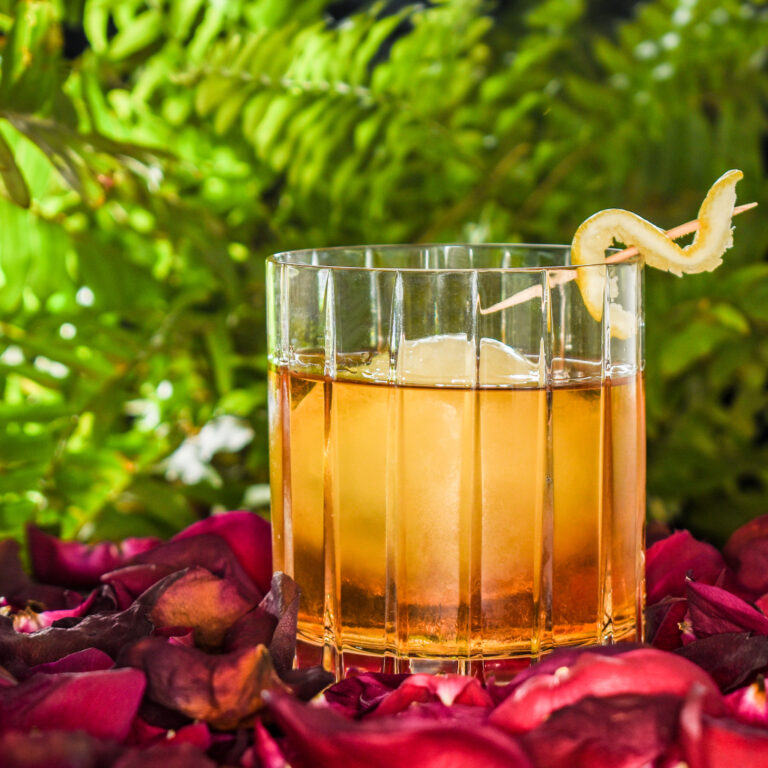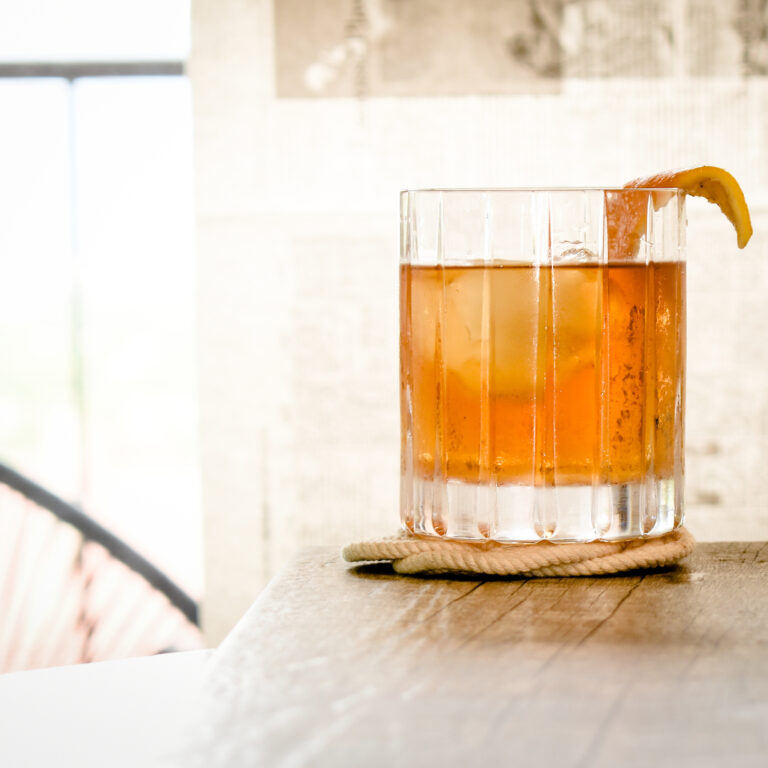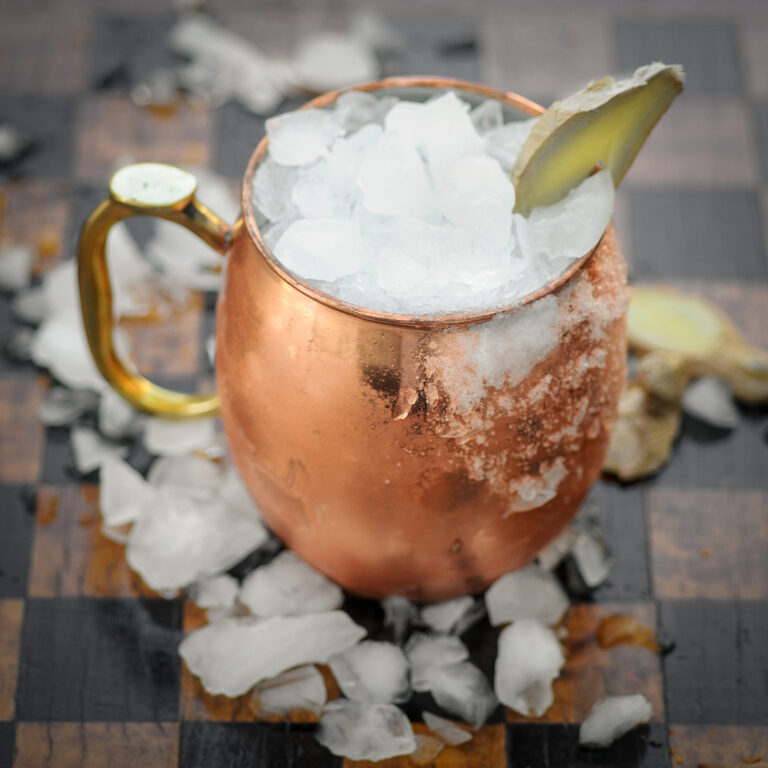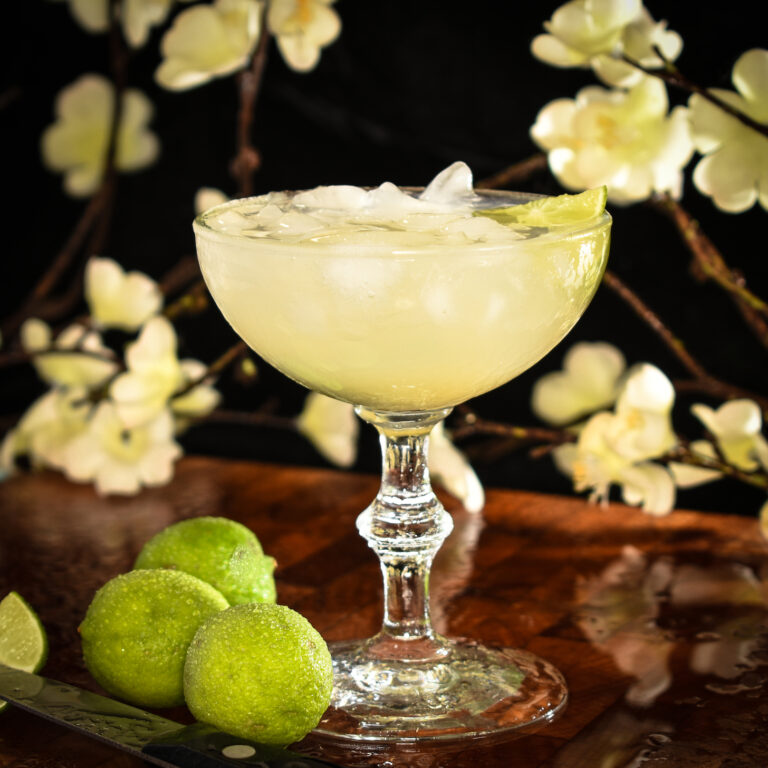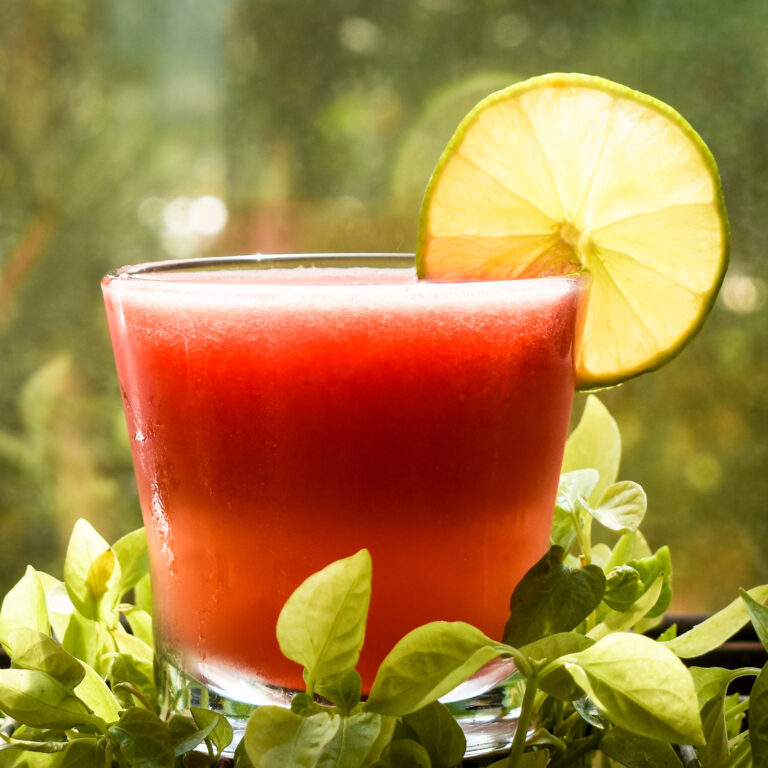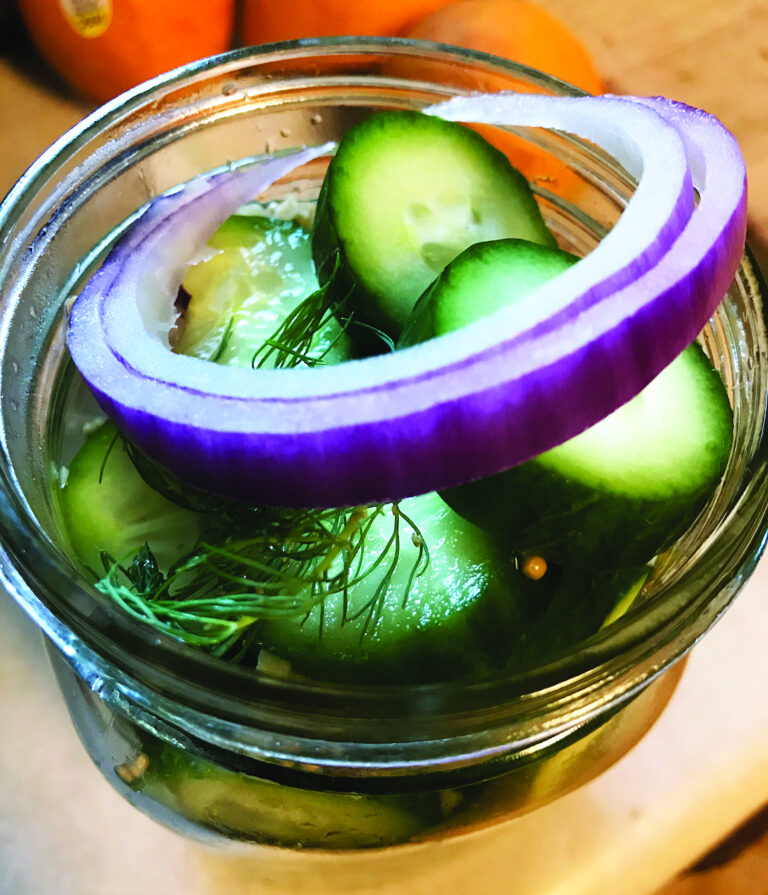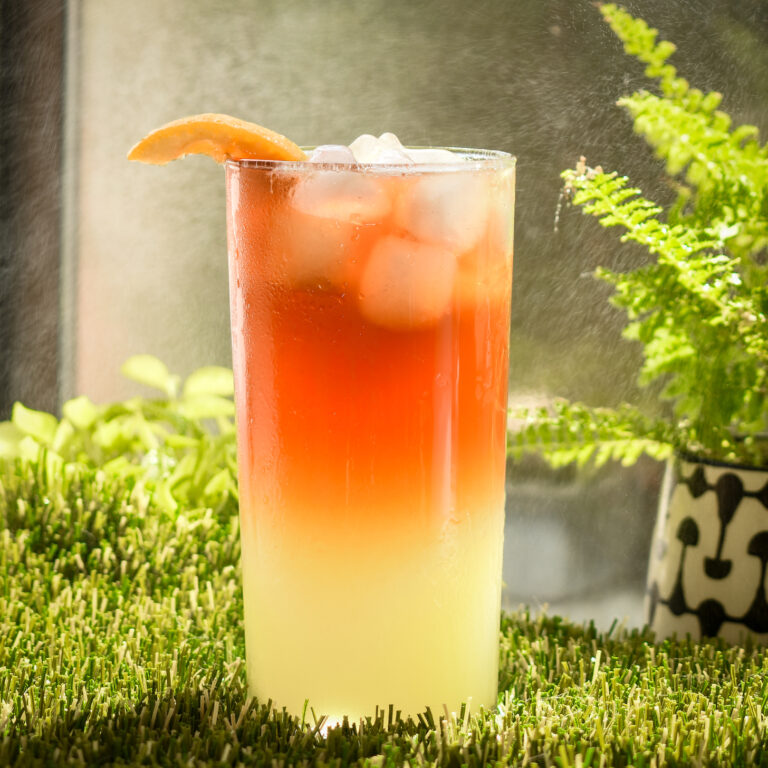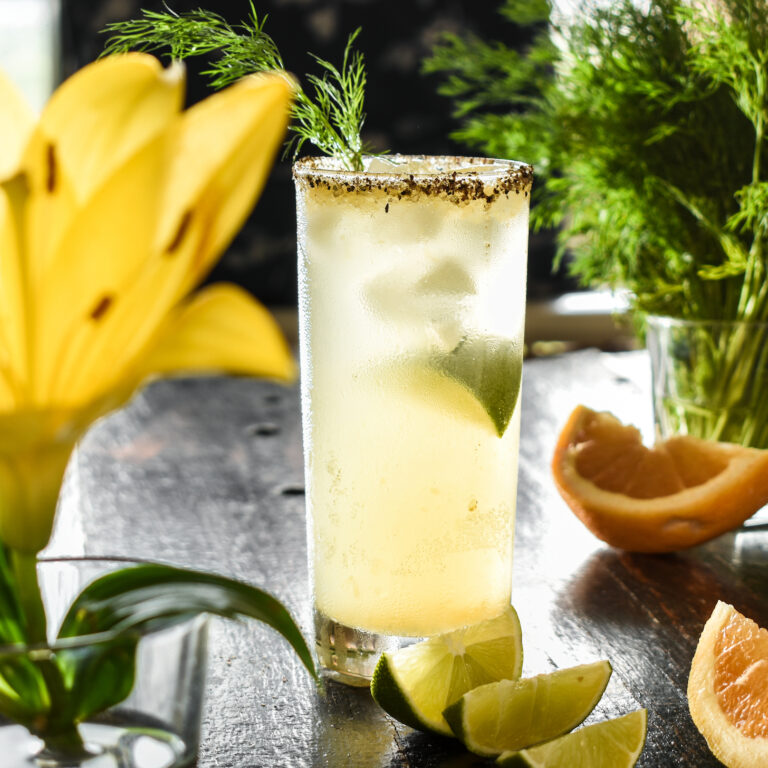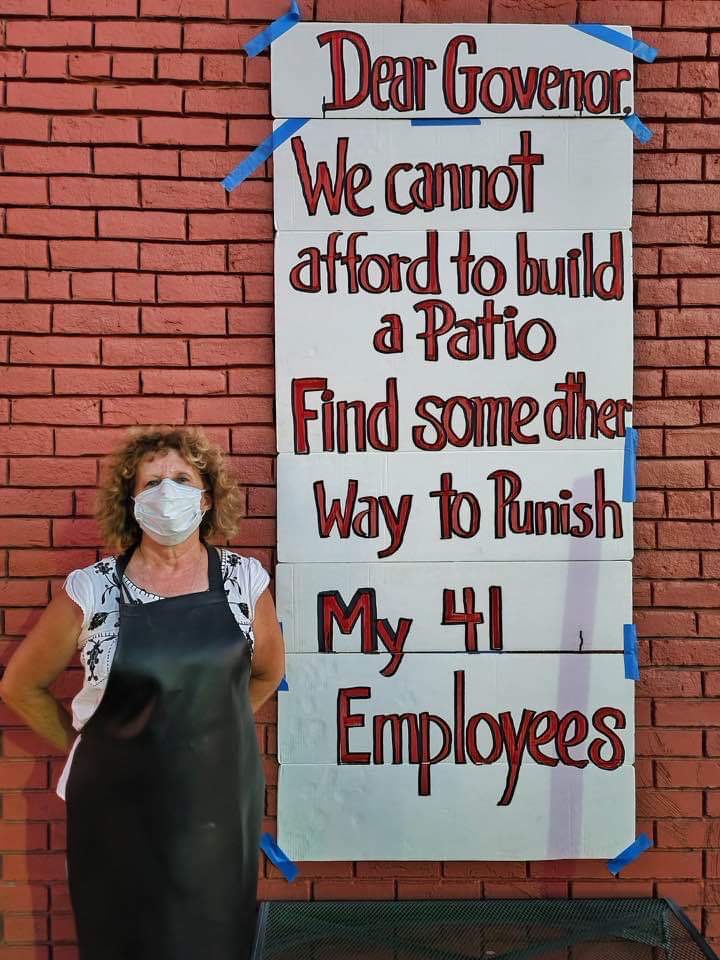However, no trace of Spain’s previous gastronomic lag exists today. And given the dexterity of chefs like Ferran Adrià of El Bulli, who dubbed himself the heir to Salvador Dalí, you wouldn't know that Spain was ever behind the culinary times.
Two-time James Bear winner Anya von Bremzen's book The New Spanish Table is an immersion into contemporary Spanish fare. Two decades in the making, von Bremzen's descriptions of Spanish wine, cheeses and tortillas—which means “omelet” in Castillian Spanish, not “burrito holster”—are likely to induce strong salivary responses, so wear a bib.
The Alibi recently had a chance to speak with von Bremzen about the gregarious nature of tapas bars, the effects of fascism on Spanish food, and how dishes from the Iberian peninsula compare to those from the saturated bistros of France and Italy.
Spanish culture has at one time or another dominated the global landscape, via colonialism, art, literature and movies. Why has Spanish cuisine taken so long to enter the picture?
I think a lot of it has to do with [Spanish dictator Francisco] Franco. Spain was isolated for a long time. For the longest time, Spaniards didn't have a chance to travel and, because of their isolation, they preserved a lot of their authenticity. They like their culture; they don't want to be globalized, they don't want to eat Chinese food all the time. And now you have this moment where there is a lot of money in Spain, they're happy with their politics, they have art and fashion, and now you have this avant-garde movement that is enjoying tremendous support, partly because it hasn't lost touch with tradition.
What sparked your interest in Spanish cuisine?
I did a lot of research on Spanish cuisine when I did my other book, Fiesta! A Celebration of Latin Hospitality, and that's when I fell in love with it. I was seduced by the authenticity of the culture. Then I met Ferran [Adrià] and I watched this whole revolution unfold before my eyes. I reported from the trenches … and I just felt that I was on the edge of something incredible. And I was right. Look at it now.
Many of your recipes appeal to minimalistic tastes. How do Spanish chefs express themselves in this regard?
With simple combinations that are very striking, the Spanish have a different take because they don't like a lot of garnish or side dishes. In some places, if you ask for lemon they look at you funny. They believe in the rigor and integrity of the ingredients. When you cross the border into France you get all this stuff with all this garnish and side dishes and blah blah blah … the flavors get obscured.
Even when [Spanish food] is inventive it's about combining three or four ingredients. And that's why it's good for the home kitchen, maximum effect with minimum effort. It's really a cuisine that's not about sauces, it's about the purity of the ingredients.
You have a number of recipes using chorizo. For the locals who grew up eating Mexican chorizo made from lymph nodes and fat, how is Spanish chorizo different from the kind we're used to?
Mexican chorizo is normally raw and Spanish chorizo is cured or semi-cured and spiced with pimentón, so it's more like salami or kielbasa. Just don't substitute the raw chorizo for the cured or you could end up in the hospital.
How do you feel about Spanish cheese and wine compared to that of French denomination?
I'm really down with French cuisine. I think their cheese and wines are extraordinary. But Spain is a breath of fresh air … you can't really get a lot of the French cheeses [in the United States] that you get in France, but the Spanish have been very smart about marketing their cheese.
Americans tend to shy away from bold favors like anchovies and sardines and organ meats that the Spanish love. Where has our gustatory spirit gone?
I'm on a 25-city tour right now and I've been to the Midwest and Texas and I'm shocked with the level of sophistication of the people. For cooking classes, I've been making a chocolate foam with salt and olive oil mouses and people say it's a religious experience.
So America is on the verge of a gastronomic revolution?
I thinks it's happening right now. I was frankly worried before I went on tour.
Most of [my recipes] are straightforward Mediterranean cuisine, and I think everyone is tired of Italian, but they don't want to stray too far away. They want something familiar but something different.
With France's and Italy's crowning delicacies like foie gras and truffles, respectively, what is Spain's contribution?
Jamón Ibérico, in terms of something that can travel. It really is like a drug. The fat is incredible.
But when you go to Spain there are so many [delicacies]. I would say seafood is one. You really don't get seafood like that anywhere else, prepared with such skill and such finesse. And with the technical and scientific revolutions of cooking, people think it's all about being crazy, but Spanish food is about new textures and appreciating the natural flavors. It's not about creating new flavors.
In your book you mention how deconstructionism is arriving in the Spanish kitchen. What does “food” mean in Spain?
The deconstructionist cuisine is a small percentage of what you get [in Spain]. I think the main difference [between American and Spanish diners] is that, for the Spanish, food is a social activity. The entire country can feel like a small village because the Spanish treat each other like relatives; very direct, very warm.
When you get tapas it's more about going from place to place and this spontaneous social life. It's not about sitting down to this big thing with a lot of garnishes and stuffing yourself; it's about tasting things in moderation with wine and then going to a different place. The Italians are more conservative, they sit down to a four-course meal and if you don't like what you've ordered you're stuck with it. But with the Spanish avant-garde cuisine, if you don't like something you can move on.
Which recipe in your book is do you think Spanish icons like Cervantes and Goya probably ate?
Cocido (boiled dinner), if you're talking about the quintessential Spanish dish. Or sopa de ajo. Or anything done from leftover bread.
Which recipe is so avant-garde most Spaniards wouldn't recognize it as their own?
Salmon poached at low temperature with vanilla oil and salmon caviar.
One last question: Ferran Adriá is going head-to-head against Bobby Flay on Iron Chef America. Who wins?
No comment. (Laughs) Bobby's a good friend of mine.
Anya von Bremzen will be signing her book The New Spanish Table Wednesday, March 15, at the Hispanic Cultural Center Restaurant in Albuquerque and Thursday, March 16, at The Spanish Table and El Farol in Santa Fe. Tickets are available at Bookworks or throught the NHCC.
